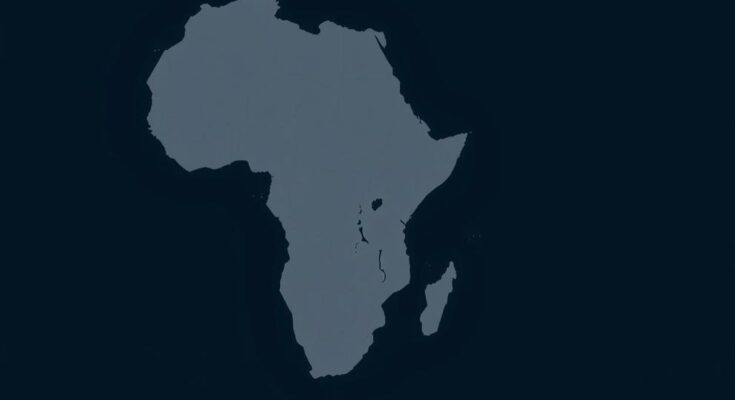In 2024, Africa recorded 21 internet shutdowns, surpassing past records as governments increasingly restrict access amid unrest. A report by Access Now and #KeepItOn reveals the complicity of service providers and calls attention to political motivations behind shutdowns. In light of these challenges, a resolution from the African Commission aims to address this issue, but the rise in shutdowns continues, necessitating ongoing advocacy.
In 2024, Africa experienced an unprecedented surge in internet shutdowns, with 21 occurrences across 15 nations, surpassing previous records. The report by Access Now and the KeepItOn coalition highlights how governments increasingly are isolating citizens from the internet compared to the last decade. Nations like Comoros, Guinea-Bissau, and Mauritius have joined known offenders such as Burundi, Ethiopia, and Kenya, illustrating a widespread pattern of internet restrictions.
The report underscores the complicity of telecommunication and internet service providers in facilitating these shutdowns under government directives. Felicia Anthonio, the campaign manager for KeepItOn at Access Now, pointed out the violation of citizens’ rights, stressing the importance of adherence to the UN guiding principles regarding business and human rights. Notably, the shutdowns stem from conflicts, political instability, and electoral events.
The global landscape reflects similar trends, with 296 shutdowns recorded in 54 countries in the past year, indicating a worrying rise from 283 in 39 countries previously. As per Access Now, the piracy of internet access underscores a disheartening reality where connectivity becomes a tool of control amid crises.
More alarming is that some regions in Africa faced extended internet outages, lasting over a year. As of early 2025, Meta continues to be restricted in Uganda, demonstrating ongoing challenges for citizens. Meanwhile, in Equatorial Guinea, services have remained disconnected since a protest in August 2024.
In response to this alarming trend, the African Commission on Human and Peoples’ Rights adopted a significant resolution in March 2024 aiming to mitigate these shutdowns. However, the persistence of internet restrictions has raised concerns. Anthonio remarked on the unfortunate increase in shutdowns linked to elections, even post-resolution, although she noted some positive outcomes.
The resolution has become a critical tool for civil society in advocating against damaging shutdowns. Anthonio expressed cautious optimism about its efficacy, mentioning instances of governments reversing shutdowns in places like Mauritius and South Sudan early in 2025, suggesting potential shifts in governmental stance towards internet access rights.
In conclusion, the record number of internet shutdowns in Africa highlights a significant violation of fundamental rights, with governments increasingly isolating citizens amid political unrest. The continued rise in shutdowns worldwide calls for proactive measures, such as the recent resolution by the African Commission on Human and Peoples’ Rights, while reflecting on the pressing need for accountability from both state and non-state actors.
Original Source: www.theguardian.com




